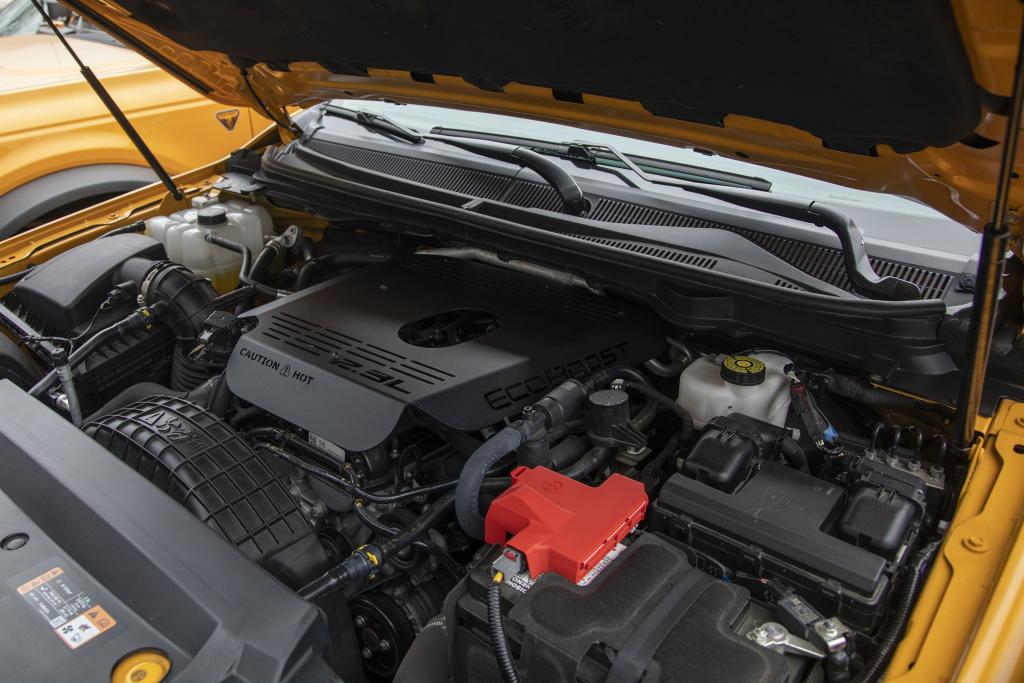What Makes a Vehicle Engine Run Efficiently: Leading Tips for Ideal Care
The smooth operation of a car engine is essential to both performance and long life, making ideal treatment a necessary responsibility for car owners. What particular steps should you prioritize to guarantee your engine continues to be in peak problem?
Normal Oil Changes
One of one of the most crucial aspects of cars and truck upkeep is ensuring your engine receives normal oil adjustments. Engine oil lubes inner elements, decreases friction, and aids keep optimum operating temperature levels. In time, oil degrades because of warmth, impurities, and the natural by-products of burning, bring about decreased performance and possible engine damages.
The majority of makers advise changing the oil every 5,000 to 7,500 miles, but this interval can differ based upon driving conditions and oil type. Artificial oils might permit for longer periods between changes. Routine oil adjustments not only boost engine performance however also improve gas effectiveness, as tidy oil promotes smoother operation.
Neglecting oil adjustments can result in sludge accumulation, which harms flow and can bring about severe engine problems. It is vital to inspect oil degrees regularly and keep an eye on for any unusual adjustments in color or consistency, which can indicate contamination or destruction.

Maintaining Coolant Levels
Preserving appropriate coolant degrees is crucial for preventing engine overheating and guaranteeing ideal efficiency. The coolant, commonly a mixture of water and antifreeze, distributes with the engine, taking in warm and stopping thermal anxiety. Not enough coolant can cause raised engine temperature levels, which might create severe damage or perhaps overall engine failing.
To keep optimal coolant degrees, routinely examine the coolant reservoir, usually situated in the engine bay. Make certain the coolant is loaded to the suggested mark, as suggested in your car's owner manual. It is recommended to inspect the levels at least once a month or before lengthy journeys, particularly throughout extreme climate condition.
If you see that the coolant degree is continually low, there might be a leak in the air conditioning system, which need to be attended to quickly to avoid more issues. 2.2 ford ranger engine. Additionally, purging the coolant system every two to three years can aid eliminate any accumulated particles and make sure efficient warmth exchange
Monitoring Air Filters
It is recommended to inspect the air filter every 12,000 to 15,000 miles, or more often if driving in damaging or dirty problems. An easy aesthetic evaluation can often expose whether the filter is unclean or damaged. If the filter shows up discolored or has noticeable dust accumulation, it should be replaced without delay.
Utilizing a top quality air filter created for your specific automobile model can further enhance engine efficiency. Additionally, some lorries may gain from reusable filters that can be cleaned up and reinstalled, supplying a ecologically friendly and economical alternative.
Inspecting Glow Plugs
Ignition system are essential components of a lorry's ignition system, directly affecting engine efficiency and efficiency. They create the trigger that sparks the click this link air-fuel mixture in the burning chamber, promoting the engine's power generation. Regular evaluation of ignition system is essential for maintaining optimal engine function and stopping possible concerns.
Dark soot or oil deposits can suggest inappropriate burning, while a white or blistered look might recommend overheating. Both problems need instant attention to prevent further engine damages.
It's suggested to evaluate trigger plugs every 30,000 miles, or as suggested in your automobile's owner manual. Additionally, think about changing them according to the maker's guidelines, as worn or old ignition system can cause misfires, decreased gas performance, and raised discharges.
Surveillance Tire Stress
Ensuring correct tire pressure is an important facet of lorry safety and security and performance. Under-inflated tires can lead to reduced gas performance, raised tire wear, and compromised handling. On the other hand, over-inflated tires can lower grip and increase the danger of blowouts. Consequently, normal monitoring of tire pressure is vital for optimum lorry procedure.
Tire stress ought to be inspected at the very least once a month and eventually journeys. Make use of a reliable tire pressure gauge to determine the stress when the tires are chilly, preferably prior to the automobile has actually been driven for a minimum of three hours. Refer to the automobile's owner manual or the placard located on the motorist's side door jamb for the manufacturer's suggested stress degrees.
It is necessary to note that tire pressure can vary with modifications in temperature level; a decline of 10 ° F can result in a 1-2 psi decrease in stress. In addition, visually check tires for any kind of indicators of wear or damage during your tracking regimen. Keeping proper tire stress not just improves lorry safety however likewise improves fuel efficiency and lengthens tire life, inevitably contributing to a smoother engine performance.
Final Thought
In final thought, preserving an auto engine's smooth procedure calls for diligent focus to several essential factors. Normal oil modifications, correct coolant levels, clean air filters, well-maintained stimulate plugs, and optimal tire pressure collectively add to improved efficiency and durability. Sticking to these maintenance techniques not only improves fuel effectiveness but also promotes a safer driving experience. Inevitably, a proactive technique to engine treatment is necessary for making sure reliability and functionality over time. 2.2 ford ranger Full Report engine.
One of the most critical elements of vehicle upkeep is ensuring your engine receives regular oil adjustments. Engine oil lubricates interior components, decreases rubbing, and helps preserve optimal operating temperatures. Normal oil modifications not just improve engine performance yet also boost fuel effectiveness, as tidy oil promotes smoother operation.
Not enough coolant can lead to increased engine temperature levels, which may trigger extreme damages or even overall engine failing.
